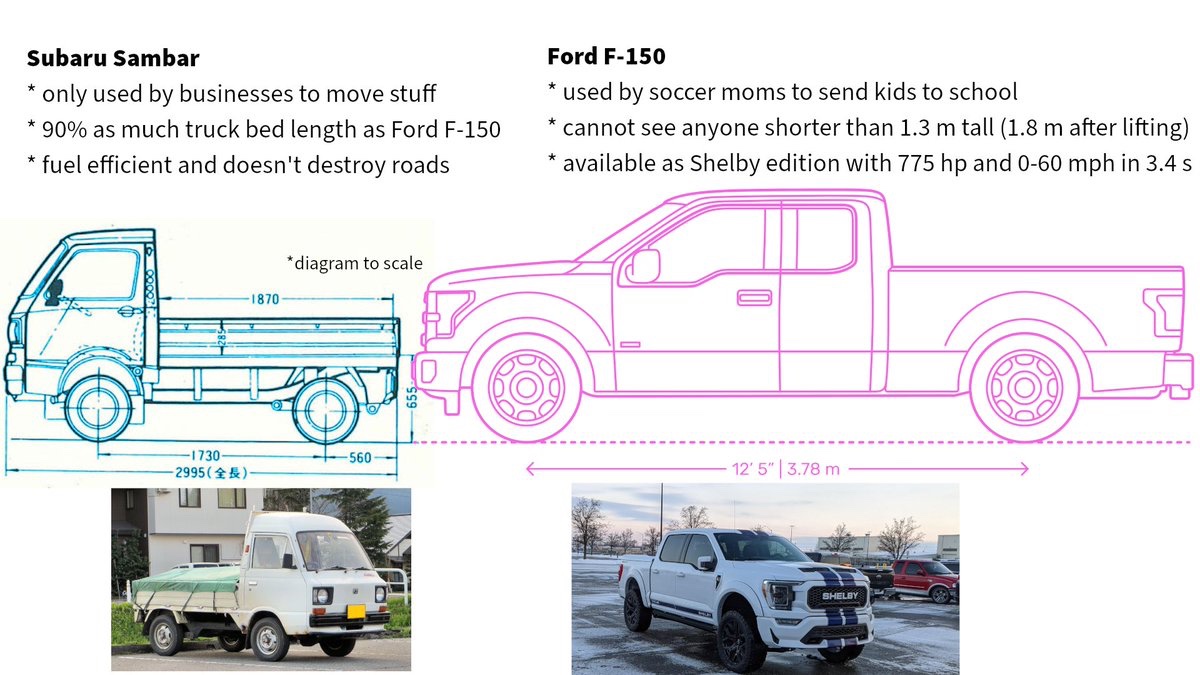Thoughts on the Roseanne Reboot
from Twitter
Left: “ROSEANNE is an attempt to whitewash middle-American bigotry.”
Right: “ROSEANNE is an attempt to erase middle-American values.”
My take: ROSEANNE sits squarely between those poles, and a lot can be gleaned if we look at where it sits and why rather than trying to fit it somewhere else.
In 1988 when it premiered, ROSEANNE had one central theme, the one everyone still associates it with, the struggle of working class families.
In 1988, Roseanne had a factory job she hated and Dan had apparently sufficient if irregular work as a contractor. This was how “the struggle” was defined in the Reagan era.
As the show moved from the Bush 41 years into the Clinton years, the Connors’ lot improved little, though by this point the couple were serial entrepreneurs with a shared penchant for picking crummy business partners. Again, this was “the struggle” in that time.
It was in the Clinton years that ROSEANNE moved into its “very special episode” phase, tackling every social issue of the day from a decidedly left-wing perspective. The show even had the entire main cast throw themselves under the bus as racists.
Despite a totemic devotion to the “right” point of view, the Connors’ lot never much improved—an unintended allegory if there ever was one.
Jump to 2018, the Connors are still just getting by in the gig economy, as we now call it. The struggle has advanced in the intervening 20+ years to include worries about losing the house.
The family is still devoted to the “right” ideas, but for Roseanne, that’s not enough to keep voting the “right” way, even to the point of causing a rift with her sister. She wants someone—Trump—to shake things up.
From beginning to the present, the common thread kept is a middle-America that views its problems and solutions as coming more from without than within. Even the voided 9th season holds this theme.
To the extent the characters see problems and solutions in themselves, it’s expressed in their attempts to align with the attitudes of the typical social sciences faculty.
The tacit appeal is this: “We’ll go along with whatever culture you want, just give us jobs!”
With all this as background, ROSEANNE looks less to be playing both sides and more to be hedging a bet.
Trump isn’t the “right” guy, but he makes no demands on middle-America’s way of life. The lurking left still threatens in that arena, so the working class still dutifully step in their direction.
Left: “ROSEANNE is an attempt to whitewash middle-American bigotry.”
Right: “ROSEANNE is an attempt to erase middle-American values.”
***
My take: ROSEANNE sits squarely between those poles, and a lot can be gleaned if we look at where it sits and why rather than trying to fit it somewhere else.
In 1988 when it premiered, ROSEANNE had one central theme, the one everyone still associates it with, the struggle of working class families.
***
In 1988, Roseanne had a factory job she hated and Dan had apparently sufficient if irregular work as a contractor. This was how “the struggle” was defined in the Reagan era.
***
As the show moved from the Bush 41 years into the Clinton years, the Connors’ lot improved little, though by this point the couple were serial entrepreneurs with a shared penchant for picking crummy business partners. Again, this was “the struggle” in that time.
***
It was in the Clinton years that ROSEANNE moved into its “very special episode” phase, tackling every social issue of the day from a decidedly left-wing perspective. The show even had the entire main cast throw themselves under the bus as racists.
***
Despite a totemic devotion to the “right” point of view, the Connors’ lot never much improved—an unintended allegory if there ever was one.
***
Jump to 2018, the Connors are still just getting by in the gig economy, as we now call it. The struggle has advanced in the intervening 20+ years to include worries about losing the house.
***
The family is still devoted to the “right” ideas, but for Roseanne, that’s not enough to keep voting the “right” way, even to the point of causing a rift with her sister. She wants someone—Trump—to shake things up.
***
From beginning to the present, the common thread kept is a middle-America that views its problems and solutions as coming more from without than within. Even the voided 9th season holds this theme.
***
To the extent the characters see problems and solutions in themselves, it’s expressed in their attempts to align with the attitudes of the typical social sciences faculty.
***
The tacit appeal is this: “We’ll go along with whatever culture you want, just give us jobs!”
***
With all this as background, ROSEANNE looks less to be playing both sides and more to be hedging a bet.
***
Trump isn’t the “right” guy, but he makes no demands on middle-America’s way of life. The lurking left still threatens in that arena, so the working class still dutifully step in their direction.

Roseanne Barr is not a stupid woman and amazingly she got the entire original cast to go along with her. She IS hedging her bets, but maybe by design or by just plain luck, she wandered into the middle ground where most people live. And maybe by luck, she and the cast/crew/writers can bridge that gap to civil discourse.
ReplyDeleteYeah, right...
I think the show Roseanne did a lot to move the country to the left. Not necessarily on purpose, mind. But the 2nd most popular show being about an ostensibly working-class family struggling to scrape by did a lot to make "It's the economy, stupid!" seem like a sensible argument.
ReplyDeleteI'm not saying Roseanne is atoning for anything, but I think she learned some lessons about popular opinion and how it's created. This time around, she is decidedly trying to sway things.